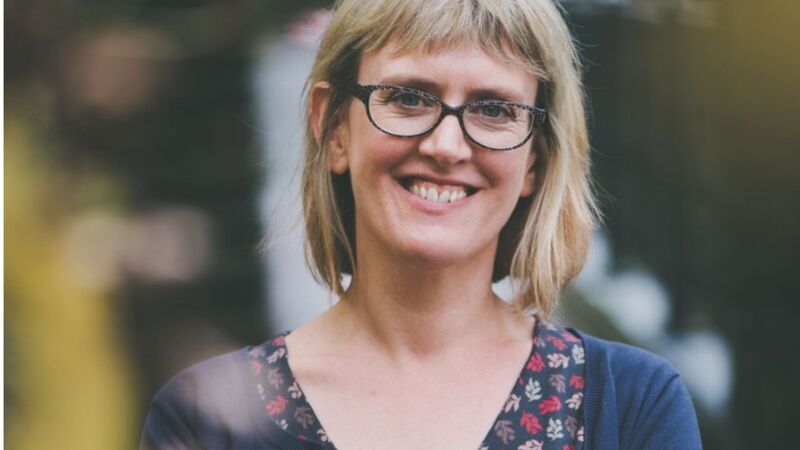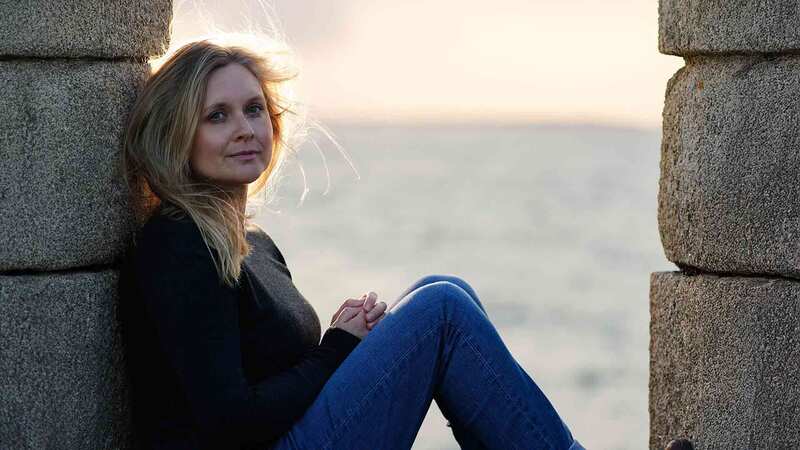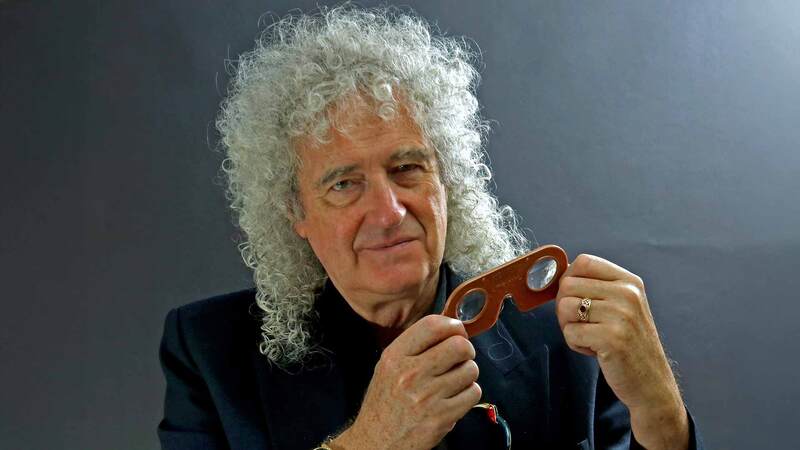You are viewing your 1 free article this month. Login to read more articles.
EU funds £2.5m literary projects in UK
The European Union's cultural funding programme Creative Europe has helped to finance around €2.8m (£2.3m) worth of writing or publishing projects in the UK since it was established in 2014, The Bookseller can reveal.
The programme, which was set up in 2014, has helped projects such as translating David Mitchell into Macedonian through a €165,000 (£146,000) grant for translated fiction, along with funding literary festivals and providing financial support to develop book adaptations.
The report, which launched today (12th July) at a Creative Europe Desk UK Forum on International Working at the Rich Mix in East London, showed that Creative Europe had altogether supported 283 UK cultural organisations from 2014 with grants totalling €57m (£50m). Of that €57m, the Creative Europe team told The Bookseller it estimated around €2.8m had been awarded to UK organisations whose projects involve either writing or publishing.
A spokesperson for Creative Europe said there had been “no immediate material changes to the UK’s in participation" in the fund following its vote to leave the European Union, but conceded Brexit was one of the “main challenges of 2016”.
The body has vowed that “with those working in the UK’s cultural and creative sectors voting overwhelmingly to remain in the European Union, we will also work to endorse continued participation in the programme.” It added The Treasury had confirmed it will underwrite the payments of multi-annual projects selected for support while the UK is still a member of the EU, even if the projects continue beyond Brexit.
Altogether the €2.8m spent on writing and publising went to 28 UK organisations including publishers and literary festival organisers, while grants totalling €11.7 million were awarded to other media companies including production firms adapting books for TV and film.
Just over €165,000 altogether went towards literary translation projects and led to 25 books from UK authors being translated last year - the second highest of all the countries in the EU. It lead to The Bone Clocks (Sceptre) by David Mitchell being translated into Macedonian, Jacob’s Room by Virginia Woolf (OUP Oxford), being translated into Bulgarian and Malorie Blackman’s Noughts & Crosses (Corgi Children’s) being translated into Albanian.
Peirene Press, Quercus Editions (MacLehose), Istros Books, Harvill Seckor (Random House) are among the publishers to have received direct grants for translation between 2014 and 2016. The deadline for the next application of funding for translated fiction is 25th July.
Creative Europe also funds the EU Prize for Literature, which started in 2009. The award, which recognises "outstanding new and emerging literary talents" across Europe, is worth €5,000 (€4,182.08) for each winner. It aims to highlight the "wealth of contemporary European literature", while drawing attention to the continent's "unique cultural and linguistic heritage". The 12 winners were announced in April.
Various festivals have also been funded Culture sub-programme including the Hay Festival and Literary Europe Live. The Ledbury Poetry Festival has been funded with €497, 076 since 2014. The festival is part of Versopolis, a European poetry platform that creates new opportunities for emerging European poets and coordinated by Beletrina Academic Press.
The Literary Europe Live project was awarded €500,000 in 2014 for four years which was split across six organisations: Bangor University, Hay Festival, Literature Across Frontiers (an initiative of Aberystwyth University) and the Scottish Poetry Library. The Literary Europe Live project launched in autumn 2015 and brings together 16 literary festivals and venues from around Europe “to foster and encourage programming that reflects the richness and diversity of the European literary landscape”.
Hay Festival’s international director, Cristina Fuentes La Roche, described how engaging with fellow project partners through the funding was an “inspirational” experience. She said in the report: “Literary Europe Live is a great project for Hay Festival to be part of. It’s inspirational to see what similar European partners are up to, and to exchange know-how and ideas.”
Book adaptations have also benefitted from the Creative Europe’s funding. We’re Going on a Bear Hunt (Walker Books) by Michael Rosen and illustrated by Helen Oxenbury, was adapted through the Media sub-programme’s funding with a 30 minute animated special broadcast on Channel 4. Lupus Films received €200,000 for its adaptation of the illustrated children’s book through the TV Programme scheme.
The "Paddington" sequel was also awarded a €50,331 grant as part of the Media programme. The adaptation of Michael Bond’s Marmelade-loving bear will be released in UK cinemas on 10th November.
Creative Europe said that the UK’s decision to leave the EU had not changed the UK’s current participation in the programme. “The UK is expected to continue to be involved in Creative Europe at least until the UK leaves the EU. Application rates have not been affected with UK-led and partnered projects increasing in 2016 from 62 to 88 and Culture sub-programme [collaborative projects across all fields including the translated fiction programme], and from 194 to 208 in the Media sub-programme.”
The report culminates in a call for continued participation in the programme even as Brexit takes place. It said: “One of the main challenges of 2016 was the outcome of the EU referendum in June. Following the referendum result there are no immediate material changes to the UK’s in participation in Creative Europe and we have worked hard to offer continued messages of reassurance to potential applicants.
“With those working in the UK’s cultural and creative sectors voting overwhelmingly to remain in the European Union, we will also work to endorse continued participation in the programme.”
The publishing industry was invited to apply for the Cross-Sector strand when it was launched last year but were not among the three successfully funded UK organisations.
Creative Europe’s offices are based at the British Film Institute, British Council, Creative Scotland and Welsh Government.
For more information, read the report online.
















